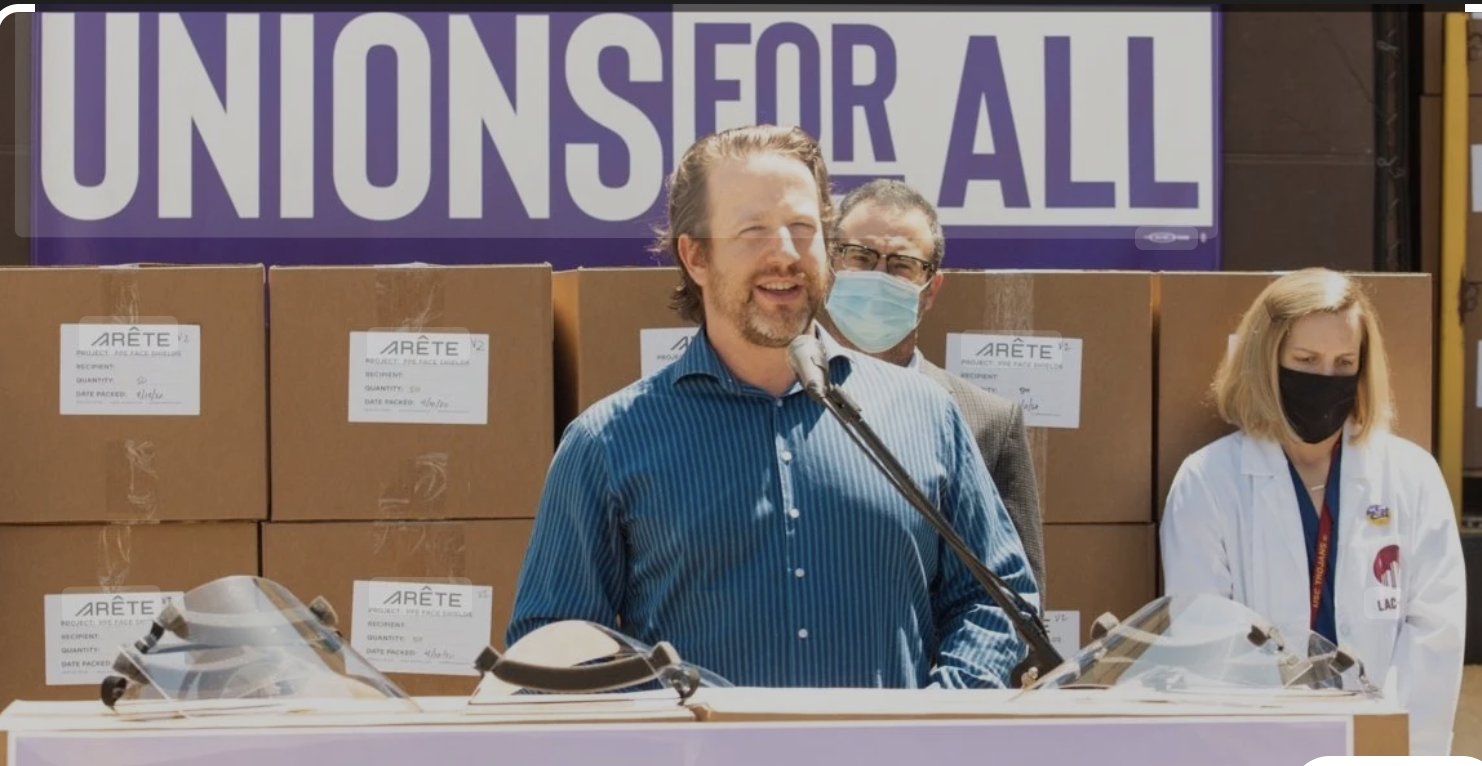A wealthy Connecticut suburb is facing down a Manhattan-based real estate development firm that wants to build a 75-unit affordable housing project — with well-heeled residents calling it an “insult” to Bethel’s small-town vibes.
The developer, Manhattan-based Vessel Technologies, is warning officials in the Fairfield County town of Bethel that they face expensive litigation if they reject the company’s five-story, 75-unit apartment complex, the Hartford Courant reported.
The stark warning came during a heated planning commission meeting last week where Vessel’s attorney delivered a blunt message about the state’s 8-30g law that severely limits towns’ ability to block affordable housing projects.
“And the cost of litigation is not something to be just disregarded,” attorney Jason Klein told commissioners last week — a comment that was perceived by town officials as a threat, the Connecticut Post reported.
Vessel wants to construct its signature five-story building on nearly 4.5 acres along Nashville Road, but offered a compromise of just four floors following heavy neighborhood pushback this summer.
Bethel residents object to the project, blasting its five-story — later four-story — height and 75-unit scale as completely out of step with the town’s low-rise, single-family character.
Many also take issue with the steel-and-glass design, calling it an “insult to Bethel” and a disruption of the community’s village feel, according to Greenwich Time.
Neighbors also warn of worsening traffic, parking shortages, safety issues, loss of privacy and environmental impacts from stormwater to wildlife.
Despite these complaints, officials admit state law leaves them little room to reject the project unless they can prove serious health or safety risks.
Vessel has emerged as perhaps Connecticut’s most controversial developer, specializing in stark steel-and-glass buildings and targeting wealthy suburbs with projects that trigger the 8-30g statute.
Town officials in Bethel acknowledge that they are likely to lose in court given a new state law mandating construction of affordable housing.
Connecticut’s 8-30g law makes it easier for developers to build affordable housing in towns where less than 10% of homes meet affordability standards by letting projects override many local zoning rules. The latest figures show Bethel’s affordable housing stock stands at around 5%.
As of July, the median home price in Bethel was around $582,000, according to realtor websites. These figures mark a sharp year-over-year increase in the town’s housing market.
Bethel is also home to some of America’s wealthiest residents. The median household income in Bethel is about $115,135 — well above the national median household income of $77,700.
Bethel, in Fairfield County, is about 4.1 square miles with a population of 11,582, according to 2020 Census statistics.
Vessel has proven ruthlessly willing to sue when communities resist, winning a court-brokered compromise in Simsbury and pursuing active lawsuits against Newtown and Glastonbury.
Last year, Vessel submitted a plan to build two apartment buildings totaling 136 units on Berkshire Road in the Sandy Hook section Newtown — not far from the elementary school where 26 people, including 20 children, were killed in a mass shooting in 2012.
But the local Planning & Zoning Commission denied the plan in February, citing the lack of a required “will-serve” letter from the local water utility, which was under a moratorium after storm damage raised supply concerns.
Vessel appealed, arguing there were no true health or safety issues that outweighed the state’s affordable housing mandate, leaving the case to the courts.
Two years ago, Vessel sued Rocky Hill when officials balked at a five-story building with 30 apartments on a high-visibility site near the planned town center.
Negotiations ultimately led to Vessel relocating to an out-of-the-way location but securing permission for 96 units in exchange.
Now Bethel faces the same playbook after rejecting Newtown’s proposal just six months earlier.
Klein repeatedly hammered commissioners about the legal realities they face under 8-30g.
“8-30g is the law and it’s important to follow the law, so we want to make sure the record is clear,” Klein warned.
“Case law is very clear: To find a health and safety concern, it has to be more than a mere theoretical possibility. Mere concern alone is not sufficient.”
Josh Levy, executive vice president of Vessel, told The Post that Bethel’s current housing inventory “leaves teachers, first responders, service professionals, and young people who want to return home with almost no housing options.”
“Right now, a modern one-bedroom home in Bethel starts at $2,300 per month. For a teacher earning the average starting salary of $50,000, that’s over 55% of their take-home pay—well beyond what’s sustainable,” Levy said.
He said the company has been “working with Bethel’s planners for months” about addressing local residents’ concerns about height and design.
“We provided an alternative plan that reduced building height and stories to better fit into the surrounding neighborhood, has fewer total units than initially proposed, and provides a redesigned façade with materials and finishes that blend naturally with the area’s treed landscape,” Levy said.
When asked if Vessel will take legal action against the town, Levy said that “we believe in collaboration” and “continue to look forward to working with the town to create exceptional homes that are safe” — but that “attorneys remain involved because part of their job is to ensure that both the process and the record stay consistent with Connecticut law.”

















